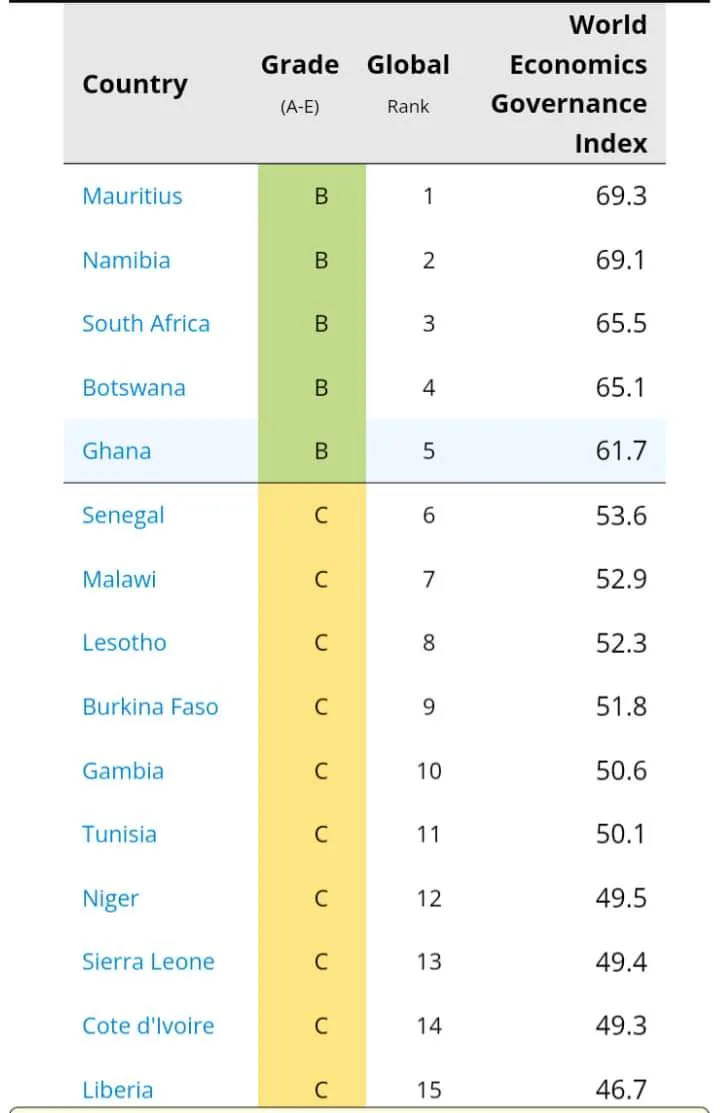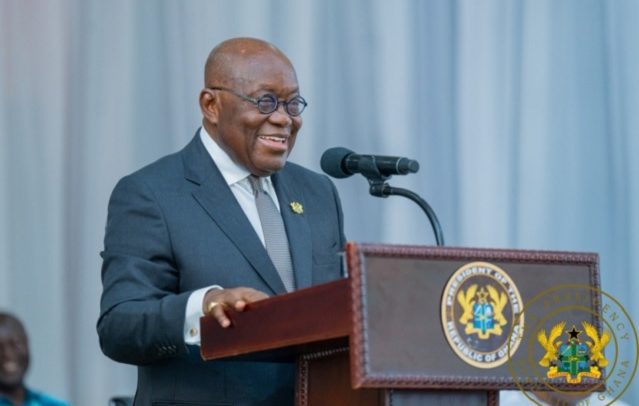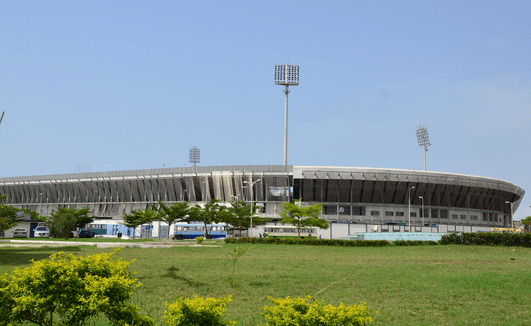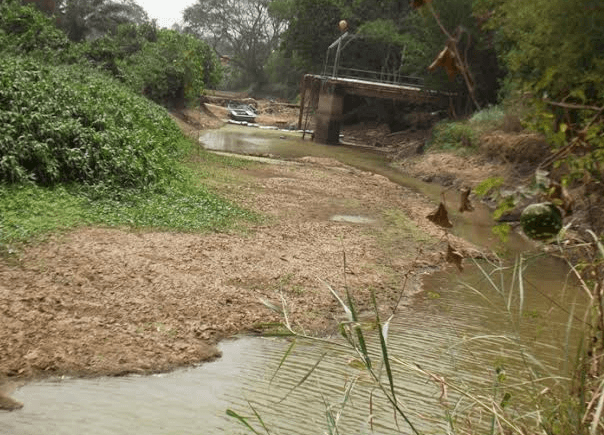
By Joshua Worlasi AMLANU
West African economies face mounting risks from rising debt, climate change and weak growth, making resilience-building a policy priority, Bank of Ghana Governor Dr. Johnson Pandit Asiama has said.
Speaking at the opening of an IMF–WAIFEM regional course on macroeconomic diagnostics in Accra, the Governor – in remarks delivered on his behalf by Special Advisor to the Director of Research John Kotoku – said overlapping global and domestic pressures are testing the region’s stability.
He cited commodity price swings, persistent inflation and the spillover effects of geopolitical tensions such as the Russia–Ukraine conflict which continue to disrupt trade and financial flows.
“These challenges demand bold, coordinated and forward-looking responses if we are to safeguard stability and unlock the promise of inclusive growth,” Dr. Asiama said.
For West Africa, the Governor noted, global headwinds are exacerbating structural weaknesses – including narrow revenue bases that limit fiscal space, mounting debt sustainability risks and climate-related shocks that hit agriculture and livelihoods. The pressure from a youthful and fast-growing population with unmet job expectations further complicates policy choices.
In this context, he said, the ability of policymakers to properly diagnose economic conditions is no longer optional. “Just as a physician cannot heal without first understanding the patient’s condition, policymakers cannot design effective strategies without first diagnosing the true state of their economies,” he said.
The 10-day course, organised by the IMF and West African Institute for Financial and Economic Management (WAIFEM), is aimed at equipping officials from central banks and finance ministries with tools to better assess growth potential, output gaps, fiscal and monetary policy stances and financial sector risks.
Dr. Asiama said strengthening diagnostic capacity is also essential for advancing regional integration initiatives such as ECOWAS monetary convergence and the African Continental Free Trade Area. Shared frameworks and analytical tools, he said, will allow West African economies to align policies, harmonise standards and learn from each other.
Drawing on Ghana’s own experience, he said robust diagnostics helped guide policy during one of the country’s most turbulent economic periods. Government’s Domestic Debt Exchange Programme, combined with reforms and support from international partners, has begun to stabilise the economy.
Data from first-quarter 2025 showed GDP growth of 5.3 percent compared with 4.9% a year earlier, with non-oil growth accelerating to 6.8 percent from 4.3 percent. The Bank of Ghana’s Composite Index of Economic Activity rose 4.4 percent year-on-year in May, up from 3.4 percent in the same month of 2024 supported by trade, consumption, construction and tourism. Confidence surveys indicate improving sentiment while inflationary pressures are easing under tight monetary policy.
“These are the green shoots of recovery, still fragile but unmistakably promising,” Dr. Asiama said, adding that the key lesson is that sound diagnostics serve as the “compass that guides policy”.
WAIFEM Director-General Baba Y. Musa said the training is designed to give participants practical skills in analysing demand, inflation, fiscal sustainability and external debt risks. Since its establishment in 1996, WAIFEM has trained more than 28,600 participants across the region, he said.
“By investing in these skills, we are not just preparing for today’s challenges, we are also preparing for the future,” he said.
The post Debt, climate, growth strain test West Africa’s stability – BoG Governor appeared first on The Business & Financial Times.
Read Full Story



























Facebook
Twitter
Pinterest
Instagram
Google+
YouTube
LinkedIn
RSS